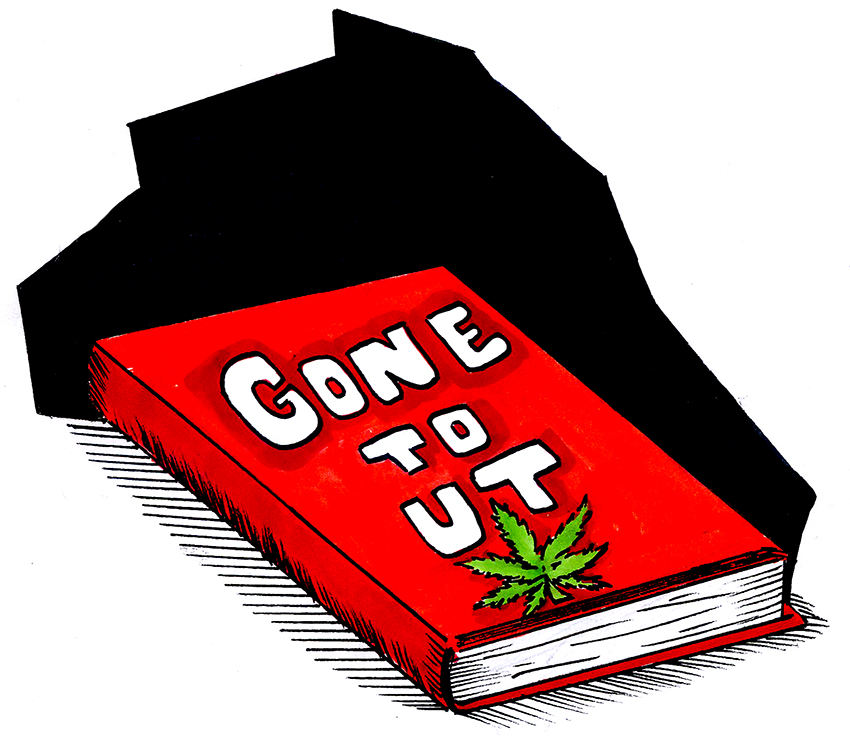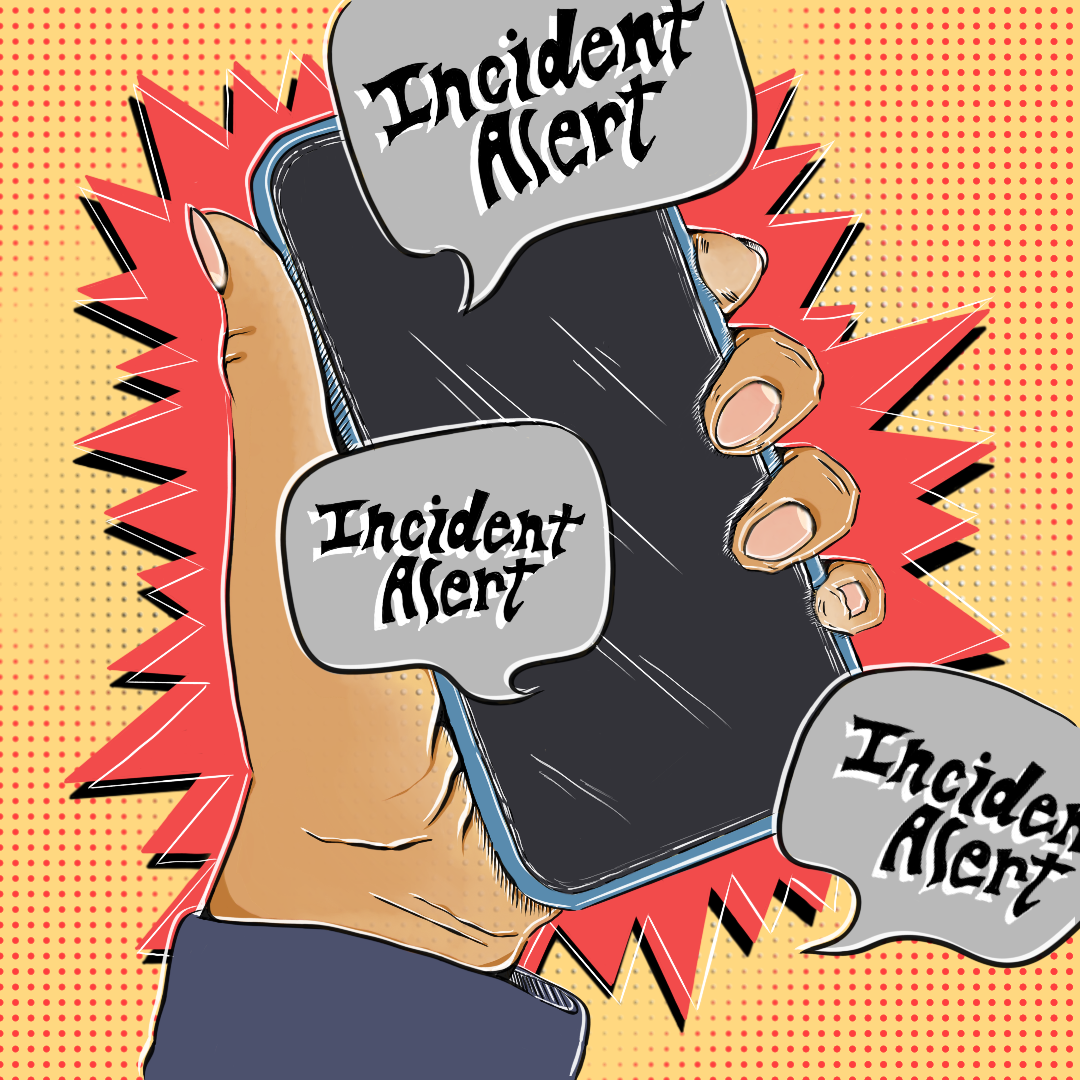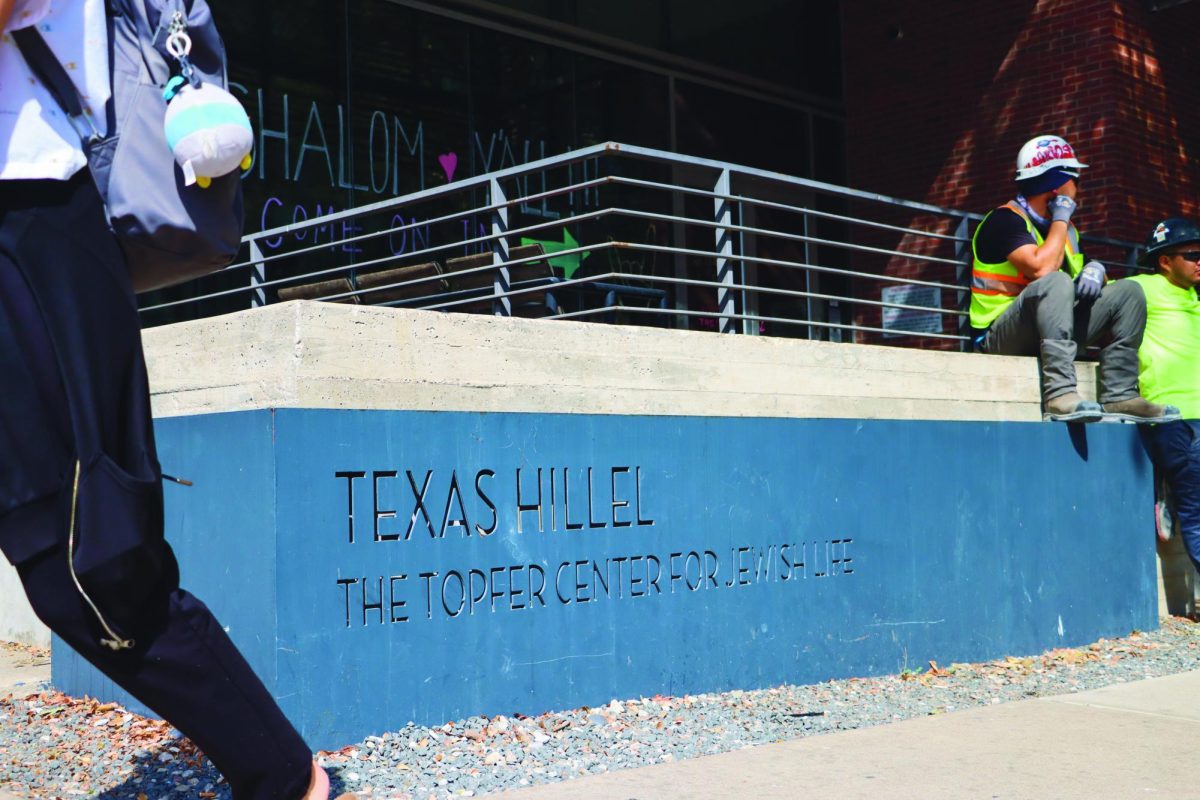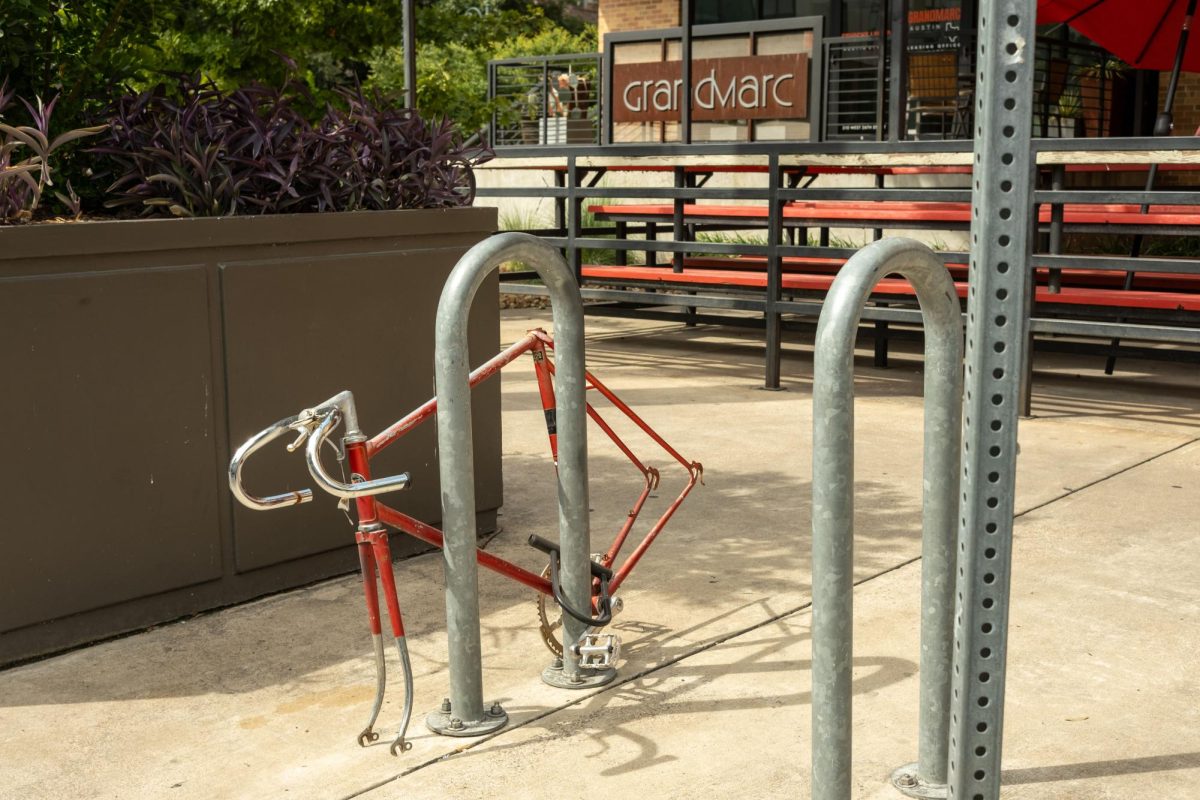The UT Police Department has encountered nine individual cases of marijuana possession since last Tuesday, a higher number than usual.
Police Lt. Greg Stephenson said although he has no statistics to confirm an increase in on-campus use of marijuana, he does think students tend to commit more substance abuse at the beginning of the fall semester. In Texas, marijuana usage is illegal, and the possession of two ounces or less is a Class B misdemeanor.
“The abuse of marijuana is a common problem among big campuses like UT,” Stephenson said. “We try to protect students from endangering their own health and mental being.”
Stephenson said UTPD now has the discretion to give out tickets instead of jailing offenders who are accused of using or possessing marijuana.
“It’s a better way to allocate our resources,” Stephenson said. “There is also diversity in how intoxicated the offender is. If the students look like they’re not endangering themselves, then we write a ticket instead of arresting them. This procedure leaves more jail space and is more time efficient.”
Susan Kirtz, interim manager of the Office of Health Promotion at University Health Services, said the number of marijuana arrests might not reflect the actual amount of usage.
“Just because UTPD’s crime log says they’re catching more students does not necessarily mean that there are actually more students using marijuana,” Kirtz said.
The Spring 2017 National College Health Assessment taken by UT students shows 59.4 percent have never used marijuana or related substances. In contrast, 19.9 percent of students reported they had used marijuana within the 30 days prior to taking the survey.
“Marijuana is not one of our priorities,” Kirtz said. “We don’t see students use (marijuana) on a regular basis, and we don’t have any student report on the negative effects of marijuana use.”
Kirtz said the assessment shows the perceived percentage of students who have never used marijuana was only 6 percent, compared to the actual 59.4 percent.
Plan II sophomore Christina Rios said she expects higher marijuana use at the beginning of the school year because that is when some students first gain exposure from new social circles.
“I think students are a lot more likely to try new substances when they are exposed to peers who use them,” Rios said. “The first two months of school are usually when students, especially freshmen, see marijuana for the first time and decide to try it out.”
Rios said that instead of taking an aggressive approach in catching marijuana abusers, UTPD should use an educational approach to tackle the issue.
“Just like (with) alcohol, you can’t eliminate weed,” Rios said. “But at the same time I’m glad UTPD is protecting students from hurting themselves. Marijuana can be just a quick phase, but it also has the potential to turn into something more lethal when the student gets careless.”
Biochemistry sophomore Jacquelyn Chan said she believes the spike in marijuana possession-related arrests will eventually die down without interference from UTPD.
“I think most of these offenders are just kids fresh out of high school trying something new,” Chan said. “UTPD can’t possibly arrest everyone who has ever done marijuana. It would be a waste of our resources.”


















